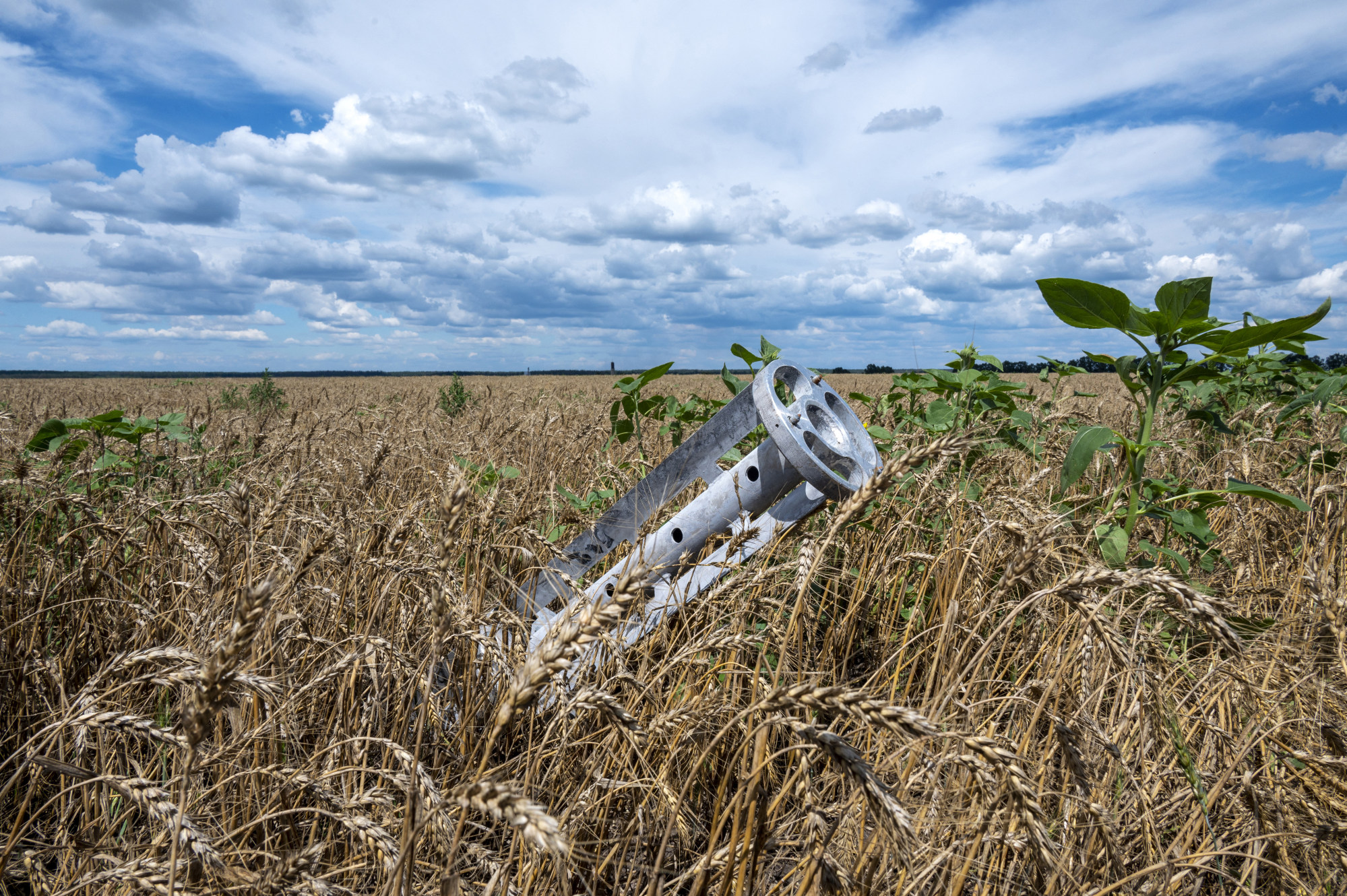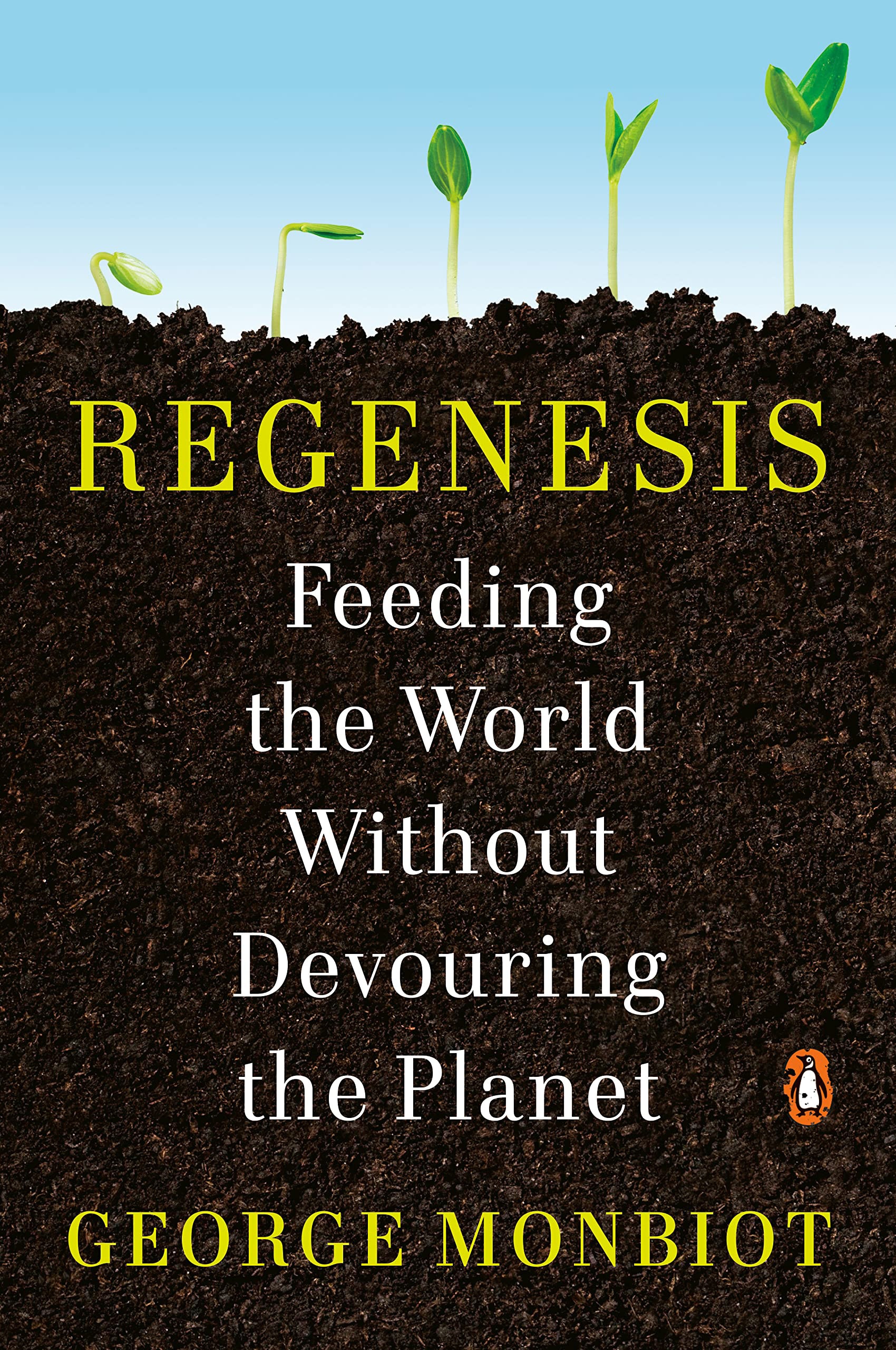
Review | Food without farms – a blueprint for feeding the world and saving the planet by George Monbiot, environmental activist
- George Monbiot’s prediction that the global food system would break down came true when Russia invaded Ukraine. He has some ideas for what should replace it
- Modern farming is destroying land and harming soil fertility, so move most food production to factories and let nature recover, the environmental activist says
Regenesis: Feeding the World Without Devouring the Planet by George Monbiot, pub. Penguin Books
The week Russia invaded Ukraine, bread prices in Yemen jumped 35 per cent. In Lebanon, flour-deprived bakeries were suddenly forced to close, and cooking oil in Kenya all but disappeared from store shelves.

Monbiot is a long-time columnist for Britain’s Guardian newspaper and well known for his alarming but clear-eyed descriptions of a planet nearing its environmental limits. For more than a quarter of a century, his columns have tried to lift the science of climate change, species extinctions and other environmental calamities from the obfuscating murk that seems to paralyse policymakers. The result is both lucid and – with distressing regularity – scary.
Regenesis is a book that Monbiot says returns him to an interest in food first kindled when he worked at a large-scale pork barn in his teens. Like his columns, it is stark: farming, he writes, is nothing less than “the most destructive force ever to have been unleashed by humans”.
We’re witnessing the impacts of the loss of resilience in the food system
His evidence – the book’s research notes occupy fully a third of its pages – paints a grim picture of an occupation and industry that has been growing less rational, increasingly subsidised, more unsustainable and less resilient almost since agriculture’s beginning, around 12,000 years ago.
Today’s “Global Standard Farm”, says Monbiot, both creates and caters to a “Global Standard Diet” that ignores the limits of soil ecology, plant biology, sensible economics and good taste: four plants account for almost two-thirds of farm-grown calories (rice, soybeans, wheat and maize), and crops are 75 per cent less genetically diverse than they were 120 years ago.
Just four companies control 90 per cent of the grain trade, and 40 per cent of humans rely on countries other than their own to supply what they eat. Somalia and Benin, for example, are completely dependent on either Ukraine or Russia for wheat.
In short, the way we grow, distribute and consume food has become a monolithic, globe-spanning system that lacks variety, adequate interconnections and sufficient backup stores to withstand shocks that could, one day, send it into a tailspin.
“Russia’s invasion of Ukraine is exactly the kind of external shock – like a shock hitting any system that has lost its resilience – that I was writing about,” explains Monbiot.

“We’re witnessing the impacts of the loss of resilience in the food system, and it shows up as a flickering or fluctuation of outputs as the system approaches its tipping point.” That “flickering”, he says, will likely mean disastrous consequences for the most vulnerable.
It’s a dreadful fact, but Regenesis, as the book’s name suggests, is intended to be hopeful. Its main aim is to explore solutions that might just answer the food system’s central dilemma: how to produce more (and better) food for more people using less land.
China’s ‘astonishing’ food wastefulness in crosshairs, state media warns
Through successive chapters, Monbiot visits small, regenerative, low-input and no-till farms to focus long-overdue attention on a healthy food system’s essential substrate: unspoilt, biologically thriving soil. In Monbiot’s view, our current, large-scale, tillage farms – fuelled by fertiliser overkill – are actually working against the soil’s natural, lively, nutrient-rich capacity for production.
“We are only just beginning to learn the extent to which that is true and, as a result, we’re only just beginning to understand the extent of the damage that we have done.”

When Sri Lanka banned synthetic fertiliser imports last year, in a purported attempt to encourage organic farming across the country, the nation’s rice harvest fell 16 per cent. The protests that followed helped to oust the country’s president, Gotabaya Rajapaksa, last month.
Among the fundamental changes recommended by a soil-health-first perspective is a move to perennial rather than annual crops. “The possibility of perennial grain crops takes us further towards the place we want to be,” Monbiot explains.
“You don’t need to break the soil every year to grow them. They’re likely to need less fertiliser and less irrigation because they become better established and put down deeper roots.”
What’s good for farmers may not be good for the living planet
Monbiot’s book continues his tour to a British food bank – where the absurdities of farm subsidies and a broken food-distribution system are shown in stark relief – and to a Finnish experimental plant that’s growing bacterial protein to replace meat.
It’s here that his arguments begin to coalesce around one essential idea: “Taking large amounts of food production out of farming altogether,” he says.
Monbiot’s “farm-free” argument has landed the columnist and his book in considerable hot water with farmers. The author, however, is undeterred: bacterial and other non-farm, factory-based ways of growing food may be the only way to save more land from farms so it can work, instead, for nature.

“We have constantly to remind ourselves of what food production is for. That might sound slightly stupid and obvious, but actually we really do,” he says. “It’s got to be about feeding people, and not just feeding some people, but feeding everyone.”
The disproportionate impact the Ukraine war has had on food in Africa and other developing nations is an example of how the farming food system, as it operates today, doesn’t work, he says. To save the planet, we need to stop imagining – fuelled by romantic notions of stalwart shepherds, rugged ranchers and wholesome farm life – that it does.
“We hear a great deal about the right to farm and about the rights of farmers, and we pretend that they are aligned with our rights to nature and to the survival of our life-support systems. But more often than not, they’re in conflict,” Monbiot says.
“We have to be honest in acknowledging that there are trade-offs here, that what’s good for farmers may not be good for the living planet.”

